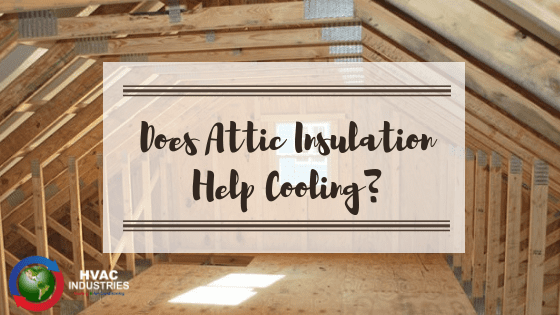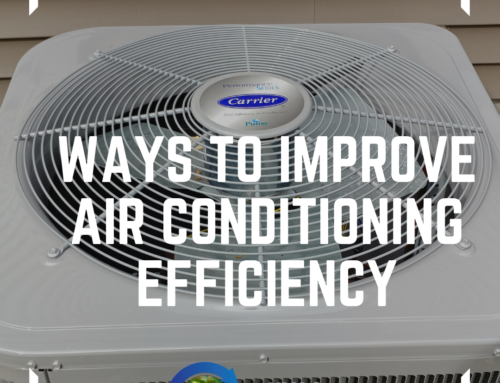Why Attic Insulation Is Important
 Before you think about upgrading your AC system or complain about how inefficient it has become, start by insulating your attic. With proper insulation, your attic will do more than just store your stuff— it will provide a protective barrier for your home from extreme cold, heat, and humidity. Insulation experts say that attic insulation is the most important of all other insulations in your home. This is because of the stack effect; simply put, heat and hot air rise at all the times of hot seasons. The reverse is also true; during winter, cold air tends to sink and seep through the attic spaces and into your home.
Before you think about upgrading your AC system or complain about how inefficient it has become, start by insulating your attic. With proper insulation, your attic will do more than just store your stuff— it will provide a protective barrier for your home from extreme cold, heat, and humidity. Insulation experts say that attic insulation is the most important of all other insulations in your home. This is because of the stack effect; simply put, heat and hot air rise at all the times of hot seasons. The reverse is also true; during winter, cold air tends to sink and seep through the attic spaces and into your home.
With this in mind, the primary goal of a properly insulated attic in cold climates or seasons is to prevent the conditioned air from leaking up to the atmosphere and the cold outside air from seeping into the house hence lessening the workload of your AC. In hot seasons, the primary purpose of an insulated attic is to prevent radiant heat from the sun seeping into the house, thereby reducing your AC’s cooling load.
How Insulation Helps Maximize Your AC Efficiency
As mentioned above, air tends to rise or sink, depending on whether it is hot or cold. If an effective barrier is created to prevent the cold air from seeping into the house and the conditioned air from escaping to the outside environment during winter, the AC system will be less strained hence it will use less energy. According to experts in the energy department, a properly installed attic insulation can prevent the summer heat from seeping its way to your living room by 25 percent or more. The same can be said for cold climates.
Attic insulation provides a barrier against heat transfer in and out of your home. Insulation is a science designed to works side by side with your home’s air conditioning unit. In cold climates, insulation helps to trap heat inside your home and prevent conditioned air from escaping the house to keep your family and friends cozy. During hot climates, insulation reduces the transfer of radiant heat from the roof through the attic spaces and down into your living room, bedrooms, kitchen, etc. By doing so, the air conditioner won’t have to run faster in order to maintain the required temperature, this way; you end up spending way less in keeping your home cool and cozy though out the year.
Types of Attic Insulation for Hot Climates to Lower Energy Bills
Heating and cooling costs amount to about 50 to 70 percent of the total energy consumed in an average American home. This means that taking steps to reduce losing your home’s hot or cold air is a very important area to focus on. Adding insulation to your attic will definitely reduce energy loss but to efficiently reduce heat gains and losses, you need to use the correct insulation material that is properly installed, and that bears the correct R-value. That’s why you need professional advice and service before embarking on any significant attic insulation project. Below are some types of insulation for attic that will help lower your energy bills;
Foam Insulation: A professionally mixed form that requires specialized equipment to spray the form into cavities.
Blow-in loose fill: Made of fiber pellets or loose fibers, which is good for attic floors with many gaps and spaces.
Batts and Rolls: Are flexible fiber sheets best for conduction insulation, which can be cut to fit into uneven attic spaces.






